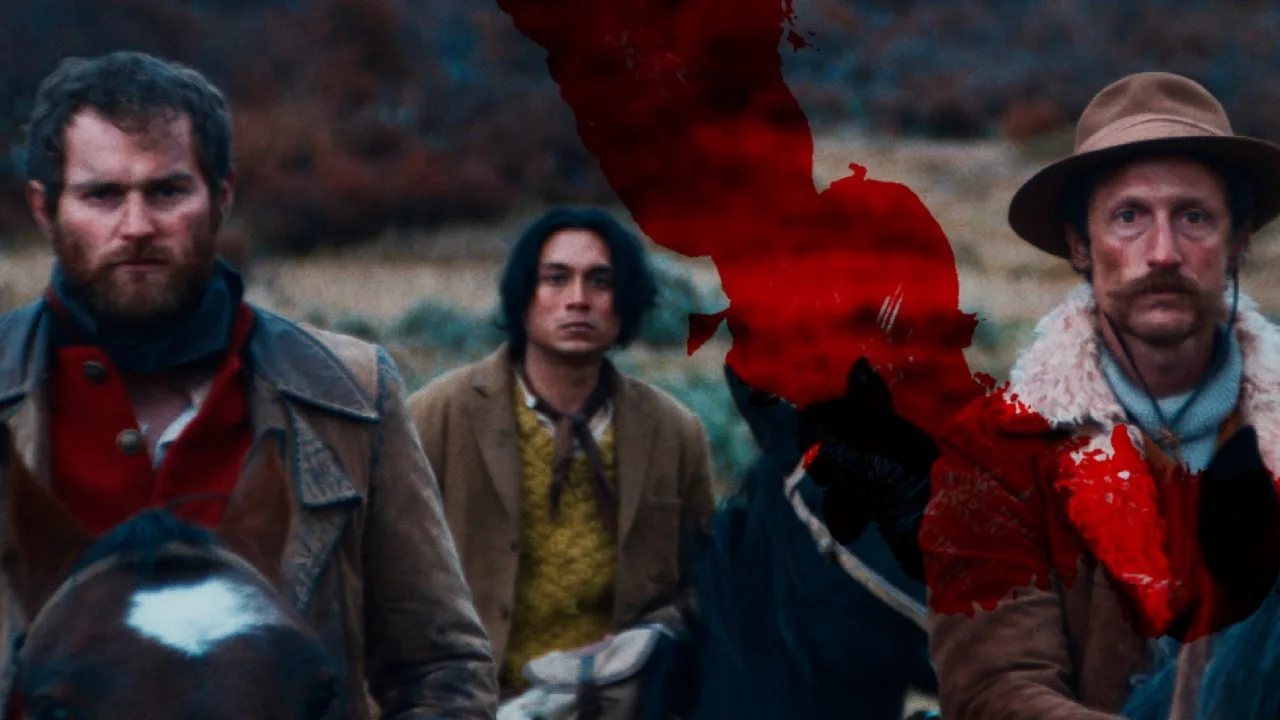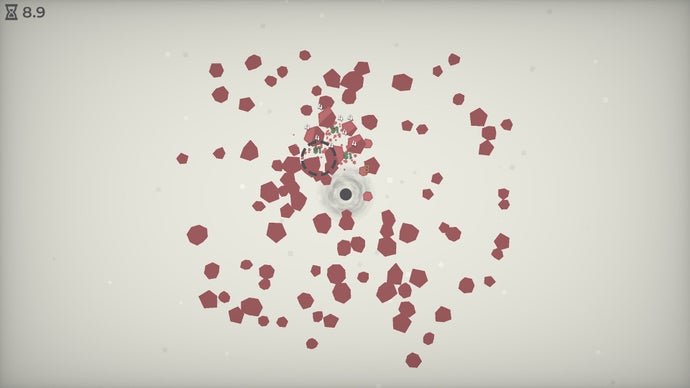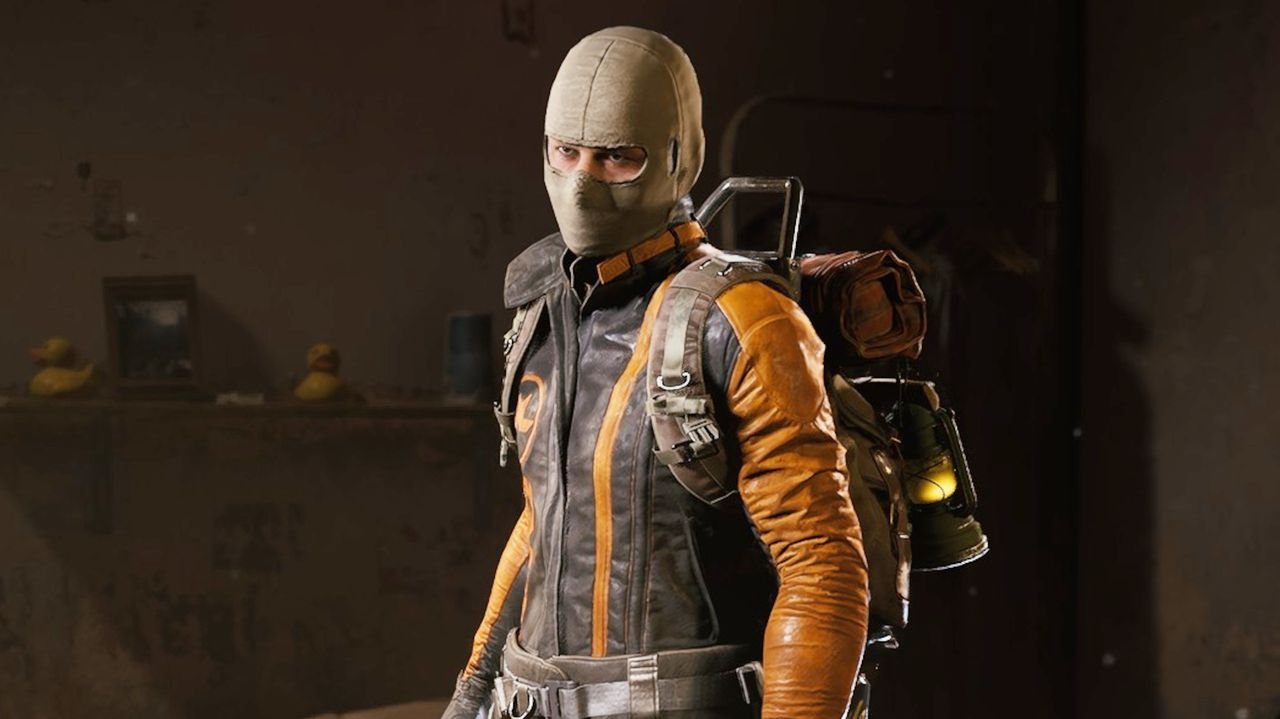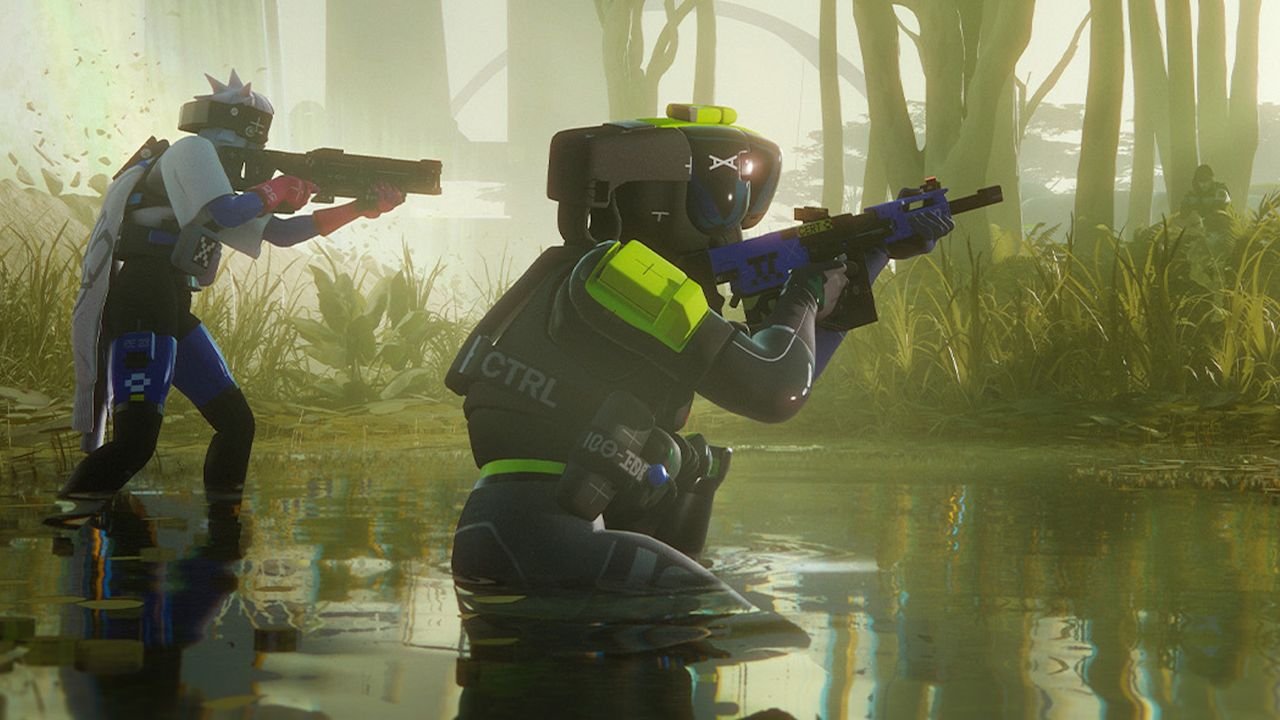The Settlers Review
The Settlers is now playing in theaters.
The terrible sins of colonialism run as deeply through the Western as they do through modern civilization. Even the most lighthearted tales of frontier adventure unfold on stolen land, the blood of a native population flowing just off screen or just beyond the horizon. That subtext became text in the recent Killers of the Flower Moon, a mammoth American crime epic about America’s first crime, the systematic murder and exploitation of the indigenous. And a mere two days after Martin Scorsese’s movie premiered at Cannes, the festival played host to another Western that makes the genre’s implicit horrors explicit: the spare and unsparing Chilean drama The Settlers, based on a different true story of genocide largely neglected by the history books.
Right from the start, we’re immersed in a hierarchy of oppression and violence, as a foreman executes a grotesquely injured worker like a horse with a broken leg. Life is cheap in Chilean Patagonia on the cusp of the 20th century, ruled by José Menéndez (Alfredo Castro), the real-life Spanish land baron who reshaped Argentina and Chile to his avaricious whims. With brisk efficiency, we’re introduced to the men he presses to clear a path of cattle passage to the Atlantic: Former British soldier MacLennan (Mark Stanley, trading Westeros for a less fictional but no more forgiving landscape); Segundo (Camilo Arancibia), a mestizo of few words but many talents, including handiness with a rifle; and cold-blooded American mercenary Bill (Benjamin Westfall).
What common ground will an Englishman, an American, and a Chilean find on the open plains? Those expecting hard-won kinship have wandered into the wrong movie. These travelers cannot even agree on whether a horse is friend or food. And though their dialogue has a certain snap (“There are many things said about you, but I ain’t seen a damn thing yet”), it never takes on the ring of friendly banter, or evolves out of hostility into even begrudged respect. They are divided by their differences, and united only in their mutual utility to those with more power. Their respective international origins – ironically mirrored by the movie’s status as a co-production backed by eight different countries – reinforce a vision of colonialism as an infernally global project.
This South America is almost post-apocalyptic in desolation and striking scenery. When the three encounter an outlaw society on the beach, led by a menacingly polite veteran (Sam Spruell, who has a memorable villain role on the current season of Fargo), it’s like something out of Mad Max. There’s a bone-dry absurdism to a trio of mangy men insisting a borderless backcountry belongs to anyone. How does one person establish jurisdiction over a whole land? The simple, grim answer is through atrocity and force. What the film initially presents as a mission of geographic districting morphs, casually and almost literally overnight, into a campaign to exterminate the local tribe. In that respect, the film is post-apocalyptic: The birth of a new world comes with the razing and salting of another, a beginning built on top of a grisly end.
Making his feature debut, writer-director Felipe Gálvez Haberle dabbles in mythic spaghetti-Western flourishes – the imposing vistas, the nicknames written in canyon-sized font, the bewitching thrum of the orchestration – without ever indulging the genre’s pulp cool. There’s no fist-pumping fun to the violence, even when it’s staged with muscle: The closest we get to an action scene, wherein our antiheroes creep through thick fog with rifles drawn, is a gutless ambush. Haberle uses the conventions of the genre to draw out the dishonor of manifest destiny. Even his ostensible protagonist, the iconically laconic Segundo, is a complicit collaborator – an instrument of greed no less useful for being burdened by conscience as he bears silent witness to pillaging and raping.
Bearing witness, incidentally, is the whole purpose of The Settlers, which Chile selected as its official entry for the Best International Feature Oscar. It’s easy to see why it missed the cut for the award’s shortlist: With its swift and ugly carnage, its slaughter and sexual assault, the film has more in common with a pitiless Aussie oater like The Nightingale than any tale of how the American west was won. Haberle is laying out a dark branch of his country’s history, a shameful chapter too long untold: the massacre of the Onas, native tribe of the Tierra del Fuego archipelago. There’s a real integrity to his methodical deglorification of the Western… even if that results in a film that toggles between only two modes: meditative quiet and a numbing, unblinking brutality.
There’s a real integrity to his methodical deglorification of the Western.
That is, until the final act. It’s with a time jump and a talky, eccentric closing stretch that The Settlers stakes new ground. This is not, it becomes clear, merely a drama about the horrors willfully forgotten for the sake of national identity. It’s also a portrait of how those horrors are forgotten, sometimes with the help of seemingly well-meaning crusaders more invested in their own self-image than their truth-telling crusade. Like Scorsese, Haberle is shrewd enough to fix the camera on his own supposedly noble intentions and to wonder about who gets to tell stories like these, for what audience, and why. That’s what’s truly revisionist about his revisionist Western: It recognizes that even the attempts to atone for the sins of history are written by the victors.











Post Comment